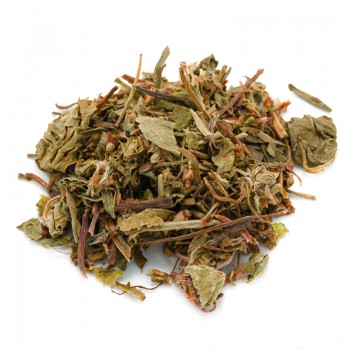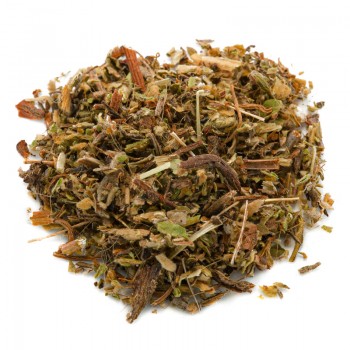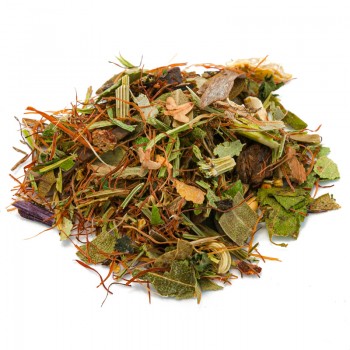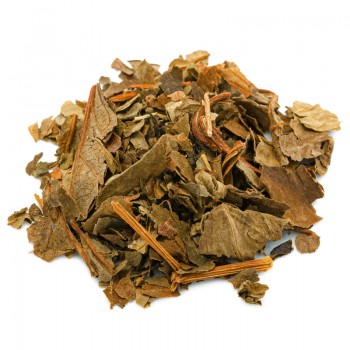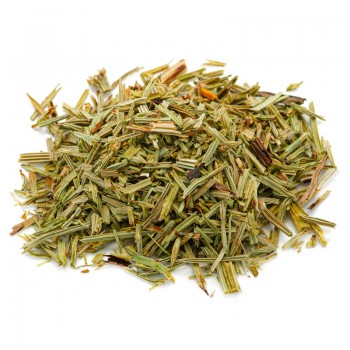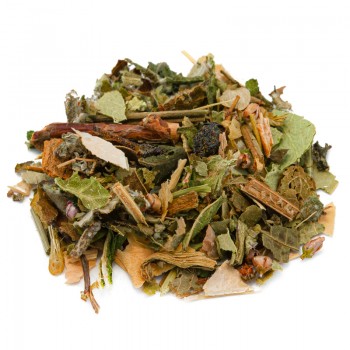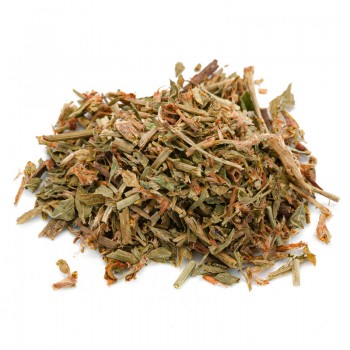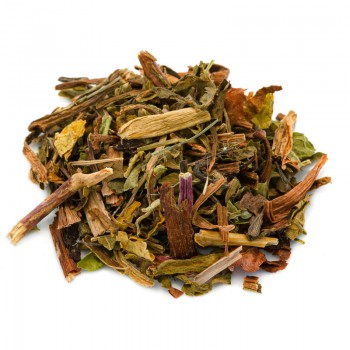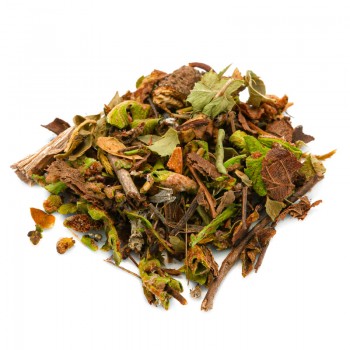Birch is a tree with thin and pendulous branches, which contains important health properties in its leaves.
Over the centuries, together with the bark, the leaves of the tree have been used for beneficial herbal teas , with diuretic and anti-inflammatory characteristics.
Birch: properties and benefits
Detoxifying actions on the organism are known in folk medicine, fighting digestive and urinary tract alterations - in ancient times the birch plant was considered a natural antiseptic .
Drinking an infusion of birch made with the leaves is a digestive tonic: it can help stimulate the digestive system, improve assimilation and intestinal transit. It is very effective in relieving digestive disorders such as bloating, intestinal gas, cramps, abdominal pain, diarrhea.
Birch leaves also have mild laxative properties, able to relieve constipation and support a more regular bowel movement.
The astringent property of birch is useful for treating urinary disorders, against irritation and inflammation.
It is beneficial to use the leaves in herbal tea to help the well-being of the kidneys, again thanks to the diuretic properties, which increase urination and help eliminate uric acid, toxins and liquids from the body. excess.
A real detox plant, support for maintaining good liver and kidney health, which is often recommended to drain the body and eliminate unsightly cellulite.
The detox activities of the infused birch leaves also give greater well-being to the skin, together with the antioxidant substances contained.
The birch leaves, in fact, contain astringent properties that make them a valid treatment to soothe various skin conditions such as irritation, eczema and dermatitis.
To best treat the skin, you should soak the birch leaves in a jug of water for at least a few hours and then strain the solution. The water from the leaves can wash and rub the most irritated part. In addition, water infused with birch leaves helps the hair: it can prevent dandruff and strengthens the roots of the hair.
Birch leaves can also be added to a compress for joint pain relief.
Birch tea is also famous for its ability to support immune health, as birch leaves are rich in vitamin C and antioxidants such as saponins, flavonoids and tannins. They protect the body's defenses and help accelerate recovery from flu and colds.
According to tradition, regular consumption of birch leaves in herbal tea can help against cystitis, gout and states of tissue irritation.
Among the herbal teas that help relaxation, birch leaves are considered beneficial for promoting sleep.
Origins and History of cultivation
Birches are considered among the species of trees still living, among those present in antiquity. The history of these plants is part of the Betulaceae family, closely related to the beech and oak family.
They arose in temperate climates in almost all parts of the world, but are particularly common in the northern hemisphere.
Birch parts have been used for centuries not only as wood for furniture and building structures, but also for medicinal use. Furthermore, birch wood has also been used in papermaking.
At the medicinal plant level, birch donates the leaves, sap and bark of trees for effective preparations for human well-being.
Over the centuries it has become a plant exploited as a natural anti-inflammatory, thanks to the compound of betulinic acid, which is found mainly in the bark.
Plant and flowers
Birch is a genus that includes about 40 species of trees and shrubs, belonging to the Betulaceae family.
These are trees that are more frequent in the cold regions of the Northern Hemisphere, used for ornamental purposes and by legname.
Birch has a smooth and resinous bark, often white, which usually flakes horizontally into thin sheets, or in older trunks, with irregular plaques.
From the thin and pendulous branches, oval or triangular leaves appear, usually pointed; they have toothed margins, are bright green (yellow in autumn).
Birch trees usually thrive in moist, well-drained soils, in cool and moderate climates - but are often able to survive in warm, dry regions as well.
They are plants that grow very fast, between 15 and 30 meters, and are very resistant. They manage to grow even in polluted soils - where other plants cannot grow.
They are considered as beneficial plants on an ecological level: birches are able to clean the contaminated soil, making it habitable again for other plants.
Many birch species provide a habitat for the local fauna, attracting many birds to the branches.
Nutritional values of birch
Birch leaves are rich in antioxidants such as vitamin C (ascorbic acid), saponins, flavonoids, tannins and sesquiterpenes.
The foliage of the plant also contains phenolic acids, chlorogenic acid, essential oils and resins.
How to consume Birch leaves as an herbal tea and in the kitchen
For a good birch infusion, it is advisable to use for a cup (250 ml), about 3-5 grams of leaves with water at 100 ° C.
Leave to infuse for 5 to 7 minutes, before drinking the herbal tea. Add honey and lemon, if desired.
To counteract fluid retention , drink at least two to three cups a day.
Birch leaves: side effects and contraindications
Birch leaves are considered safe to apply to the skin outdoors or to consume in appropriate doses.
There are, however, some potential side effects and interactions that mainly affect pregnant and lactating women, who are not advised to exceed in doses.
People with allergies to plants including mugwort, carrot and celery should also test whether birch can cause hypersensitivity reactions as well. The same interaction can occur with those who are allergic to peanuts, soy, hazelnuts and apples.
Diuretic drugs can interact with birch, having diuretic properties - it can lead to dizziness and a reduction in blood pressure.

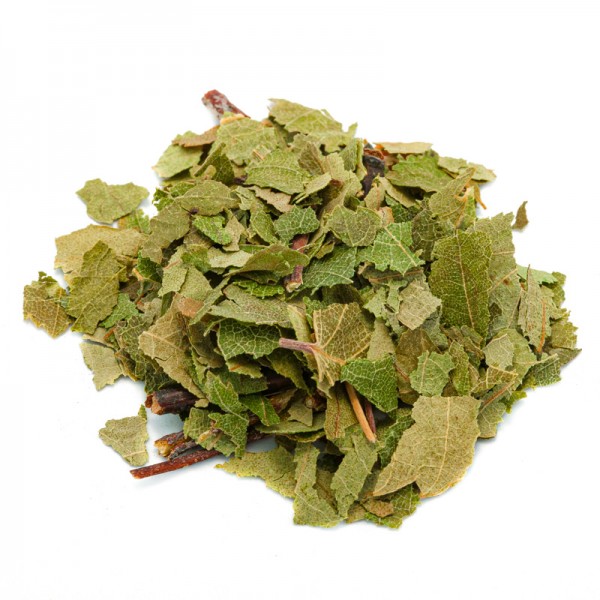









 No reward points for this product.
No reward points for this product.
